The four mind changings form the foundation of the Vajrayāna path. When we commit to this path, we start by practicing the preliminary practices: the ngöndro. And we begin by first engaging in reflection. The great masters emphasize the importance of contemplating the realities of our situation before we embark on the path. So, we take a serious look at our experience of the world and we ask some deep and searching questions. Where do we find ourselves now, and are we aware and prepared for what life will throw at us? Do we want to keep repeating the same tired old patterns of behavior?
Tibetan masters call these reflections the blo ldog rnam bzhi, or four thoughts that turn, or change, the mind. And what is this change? If we sincerely contemplate these thoughts, we will naturally turn away from our customary way of thinking. Most importantly, we will develop genuine renunciation, and that’s core to our practice.
The Four Thoughts
- A human birth is rare and precious
- We are all subject to impermanence and will die
- Karma, cause and effect, is infallible
- There is no real happiness to be found in cyclic existence
Phakchok Rinpoche frequently teaches the four mind changings, and here are some links to one simple explanation. All our lamas and Khenpos frequently remind us of the need to really consider these topics in depth.
It may also be helpful to remember that throughout human history and in many cultures, people did use somewhat shocking and graphic images to inspire contemplation of the reality of death. Here, we give the example of a 16th century European image. These graphic images were often used for private contemplation on vanity and on impermanence. People were also surrounded by the reality of illness and death in less sterile situations than we experience now.
However, as some of our dharma friends note, these days modern culture avoids the subject. Instead, we hide the reality and create unrealistic expectations that we will live without pain and suffering. Does this bring us benefit if we really think about it? Don’t we all know, deep down, that our situation is so precarious?
Reflection means to seriously consider something. When we engage with these questions, we confront some big issues. In the following writings, we share with you some observations from sangha members who have been engaging with these reflections for a number of years.
Erric Solomon: The Four Mind-Changings as the Foundation of My Practice
Throughout his career as a Silicon Valley technology entrepreneur, and now as an author and innovative meditation teacher, Erric has been interested in understanding the mind and how it functions. Phakchok Rinpoche and Erric have written a book together, Radically Happy: A User’s Guide to the Mind, available from October 16, 2018.
The Four Mind-Changings have always been the foundation of my practice. It is a wellspring of motivation, the match that lights the flame of devotion and like a wisdom guru, always keeping me on track with what is most important. Why are they called “mind-changings?” Because they have the power to turn our minds from mundane concerns and prioritize what really matters most. Over the last 40 years or so, in spite of my own ineptitude and stupidity I have managed to meet great masters, receive sublime teachings and even sometimes remember to apply them. Swept up in the excitement of receiving esoteric pith instructions, visualizations and mudras, I have continuously found that without the solid foundation of these four deceptively simple contemplations nothing can be truly accomplished along the path.
At first, I thought to myself that I have attained precious human birth, after all I met and received instruction from Kyabje Tulku Urgyen Rinpoche, and many other amazing emanations of the wisdom intent of the Buddhas. Yet that was actually just self-delusion, since real precious human birth is something we need to actively bring forth in our lives. Eventually, I realized that precious human birth is attained when we can accumulate enough merit to be able to recognize and attain stability the underlying, empty truth of this very moment—the nature of mind, the nature of all conditioned phenomena. For many great practitioners of the past this one idea of attaining a rare precious human birth, was enough.
Although understanding this, I still found myself frittering away the hours on all kinds of useless activities, chasing comforts and sense pleasures that were too easily attained. We are always trying to attain stability in our lives, building careers, families, nice places to live, because we are hiding from the truth of impermanence. It isn’t that having stuff, peak experiences, dear friends and family is bad, it is the unceasing preoccupation with them that is the obstacle. I was making lots of time for practice, yet most of my energy still went into plotting and worrying about all the superficial goals I had for my life. By again and again contemplating impermanence, seeing that this rare human existence, a fluke of fate mixed with some effort in this life, was fleeting at best. Sometimes, this sense of urgency is so palpable now I can barely stay in my skin. For many practitioners of middling capacity, these two contemplations are really enough to make a profound change.
Still there was a problem, all my subtle (and some not so subtle) habits of mind were stealing away any merit I might try to accumulate. Is there anything in the universe that isn’t based on causes and conditions? Yet, because of having a wild and untamed mind, again and again I find myself indulging in thoughts and emotions, and then, worse still, acting on them; yet these just planted seeds that can only grow into future dissatisfaction or suffering. While I might pay lip service to the reality of karma, I was living as if thoughts, words and deeds were of little consequence. When I reflect on my life through this lens it is hard not become completely horrified by the mess I have relentlessly been building in this life alone. But here is the really good news: contemplating cause and effect results in a reliable guide for the kinds of thoughts words and deeds we ought to consider cultivating. Before we speak or act, we can ask ourselves, will this help me get closer to seeing myself and the world around me authentically? Or will it simply perpetuate the causes for samsara? In light of this reflection on cause and effect combined with the previous two contemplations, even practitioners of low capacity will discover all the motivation and reason to practice diligently and appropriately.
Yet, not even coming up to that level, I still found myself making deals with samsara. The extraordinary thing about Vajrayana practice is, practiced with faith and a modicum of effort, strange and wonderful things sometimes occur. We may find our mind is a little calmer and things we want to achieve start to manifest. The obstacle of samsara becoming more comfortable arises and we may become complacent. Yet the point is that as long as we live in the realm of thoughts and emotions, circumstances and things, suffering can only be the end result. We can, for a time, become as powerful as a god, but we still can’t perform the real miracle, transforming a single thought into a recognition of mind nature. Lacking this ability, we will mistake better circumstances for accomplishment; sometimes things will become amazing, and sometimes they will become unbearable, but in the end, we just cycle around helplessly blown here and there by our thoughts and emotions. Again and again, we need to convince ourselves that no matter how good it is right now, no matter how much better it may become, samsara doesn’t work—there is no cozy place we can hideout.
So, it is through the extraordinary contemplation of these Four Mind-Changings, I have been able to begin to truly appreciate the preciousness of this precarious moment. These ideas instilled an unshakable faith and gratitude towards the emanations of wisdom and compassion I met in this life, and the validity of what they taught. I can sometimes even find the determination to put their sublime instructions into action. Through attempting to cultivate that same fearless love I have towards my teachers for all sentient beings, my thoughts and actions become more in harmony with reality, and I may even make less of a mess for myself and others. No longer completely overtaken by the allure of the silly miracles of samsaric existence, I will endeavor to accomplish the only miracle worth performing, right here, right now.
Phil Gardner: Reflection on A Precious Human Birth
Phil Gardner is a long-time student of the Dharma and has traveled to seek teachings in India and Nepal. He is the facilitator for the Bridgend Dharma Stream group in Wales in the United Kingdom.
I find this a really helpful way of beginning a session of practice….
“How I am reasonably healthy and in sound mind (just!) and have the freedom and opportunity to practice without disturbance. Although born in a small town in Wales, UK, somehow or other I managed to meet up with great teachers, receive profound teachings and most amazingly of all have some desire to put the teachings into practice.”
All of the above amazes me, makes me think of the line, ‘when causes and conditions come together a result is sure to follow.’
So to me this really, really is a precious opportunity and a rare opportunity .
………It would be crazy to waste it.
But all of the above I forget again and again so contemplation of the mind changings provides a reminder for someone like me who tends to forget the preciousness very often.
Andrea Sherman: Reflection on Impermanence
Andrea Sherman, PhD and President, Transitional Keys, is an End-of-Life Doula, gerontologist, and contemplative care educator. She co-teaches a course “Walking in the Footsteps of the Buddha” at Westchester Buddhist Center.
Impermanence has a bittersweet taste. It can be liberating to contemplate impermanence, to recognize that all things do not last, that all things change moment to moment. And that whatever is formed, necessarily vanishes.
Death comes in unannounced, it is better to practice the dharma as soon as possible. Awareness of death leads us to examine our lives and priorities. There is no teacher as powerful as our awareness of our mortality.
There are many benefits from reflecting on the fact that nothing lasts. Impermanence urges us to not waste this precious opportunity that we have right now!
All things do not last. All things change moment to moment. The present moment is all that there is.
Joe Dinan: Impermanence as a Difficult Truth to Face
Joe Dinan lives with his wife in San Francisco, CA. He works in the financial technology industry. He has been studying and practicing the dharma since 2000 and with Kyabgon Phakchok Rinpoche since 2014.
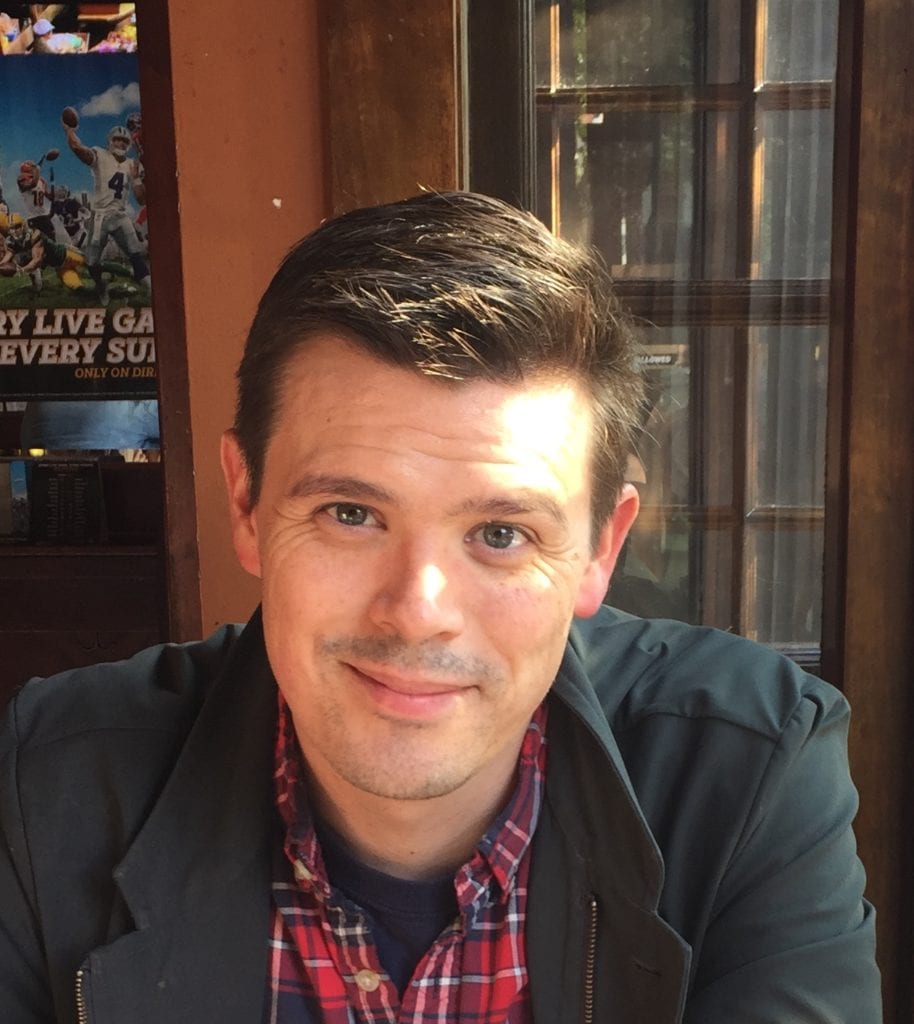
The Buddha said, “Of all the footprints, that of the elephant is supreme. Similarly, of all mindfulness meditations, that on death is supreme.”
Impermanence is an incredibly difficult truth for me to face. When my father recently passed away, the reality of death hit home. We do not know when death will come, but it will come. And when it does, there is no bargaining. I found the finality of death so intense, and in a way, so terrifying. Everyone we have ever met, ever loved, ever known, will pass away—including ourselves.
I think that’s a truth that I have tried to hide from every single day of my life. And yet it is always there. With each death of a loved one, with each passing day, life forces us to confront this reality again and again. Facing that truth means facing all the difficult emotions around death—like sorrow, fear (or downright terror), anger and resentment.
Impermanence and death point to the fundamental sorrow of samsaric life, to the first noble truth of the Buddha, that unenlightened life is suffering. Who wants to face that? No wonder modern society has found so many ways to distract us, to comfort us, to keep us from facing the truth. Billions and billions of dollars have been made distracting us from that fundamental reality. But I have found that a willingness to face this truth—to even look at it in a small way—has pushed me to ask what is really meaningful in my life. At the end of my life, what will really matter? What can I truly rely on? The answer that I have found is simple—the Buddhadharma.



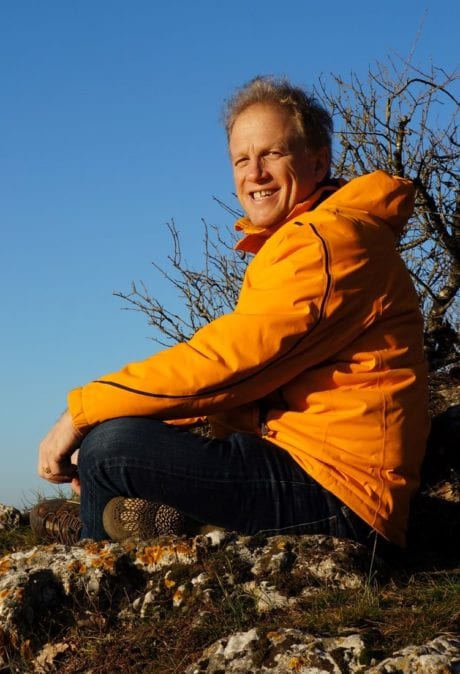
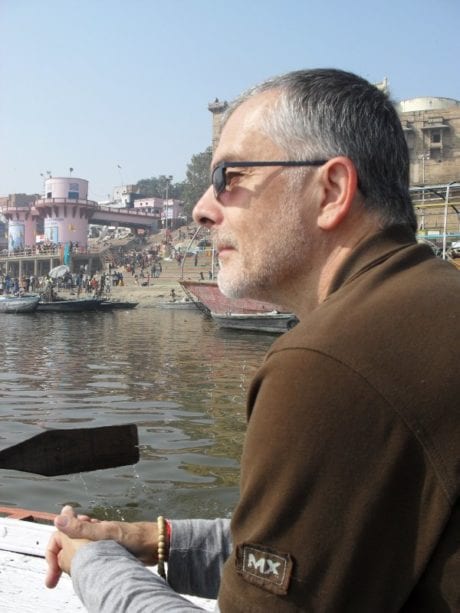


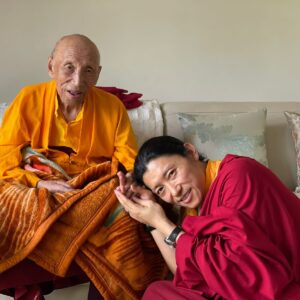
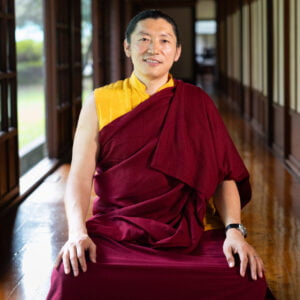
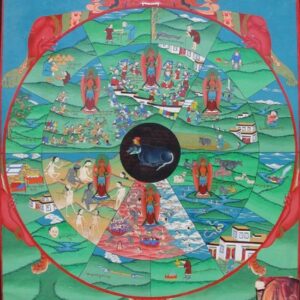

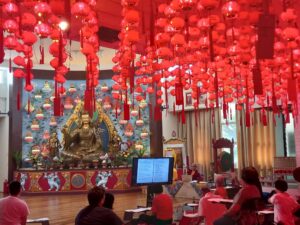

Responses